Faith Under Fire: A Rabbi's Resilience in Sderot
After Rabbi Pizem's home in Sderot was hit by rockets for the third time, he reflects on fading joy, adapting to life under threat, and unwavering belief: 'Only Hashem protects us.'
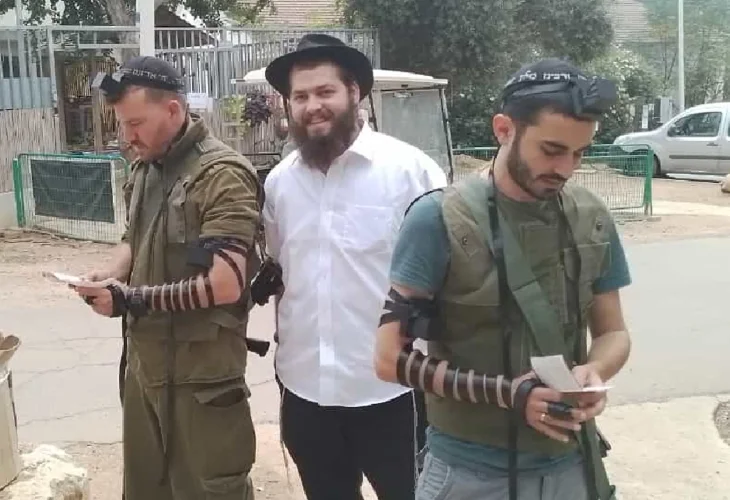
It happened last Tuesday: A massive explosion echoed through the home of Rabbi Chananel Pizem, a Chabad emissary in Sderot. 'The whole house shook,' he recalls the traumatic moments. 'The children managed to reach the shelter, but I was in the hallway leading to it and couldn't even make it in, as we have just 15 seconds from the alert. The entire house trembled and I realized it fell here.'
If the words 'Sderot' and 'Code Red' sound like echoes from the past or, to be more precise, before the outbreak of war, Rabbi Pizem agrees with you. 'Over the past few months, since most city residents returned, there have been very few alarms,' he notes, 'but in the last two weeks, it's becoming a renewed trend, and the feeling is that in Gaza, they are raising their heads, and as the IDF maneuvers there, they are firing Qassams at us.'
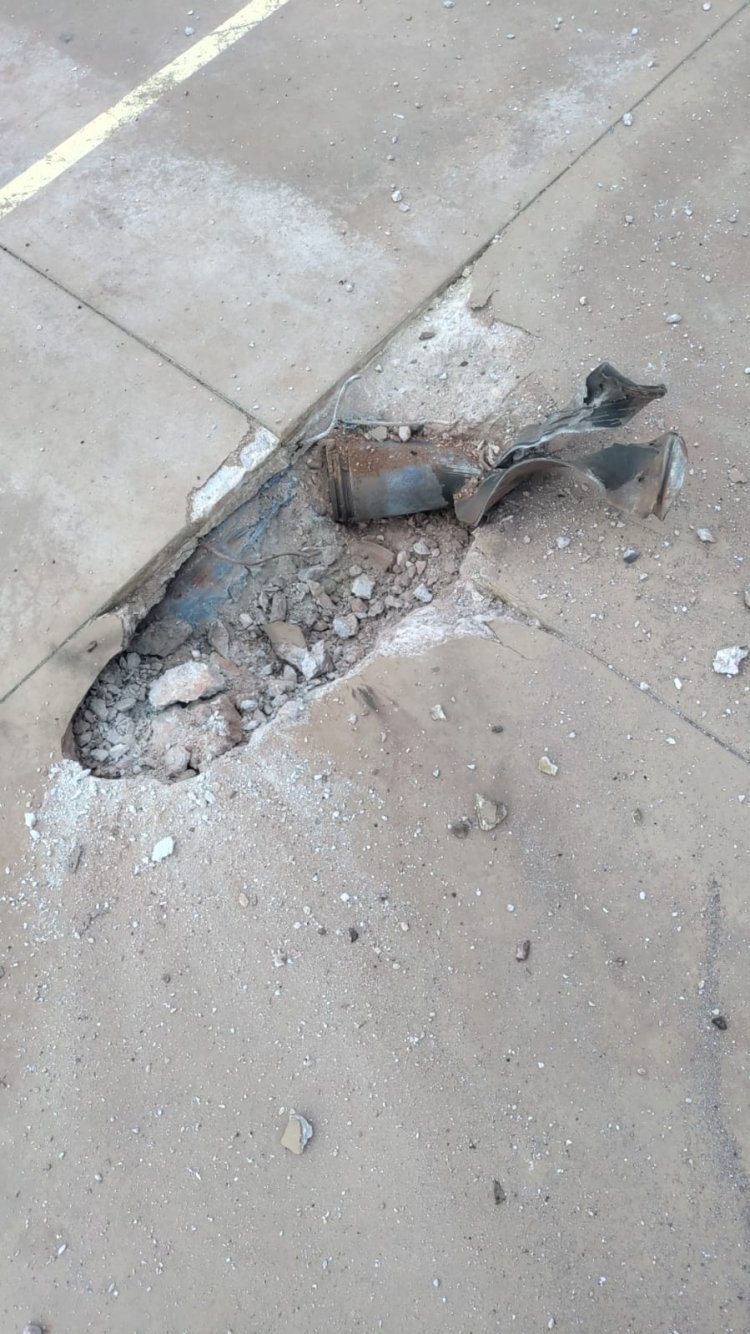 Scene from the blast at Rabbi Pizem's house
Scene from the blast at Rabbi Pizem's house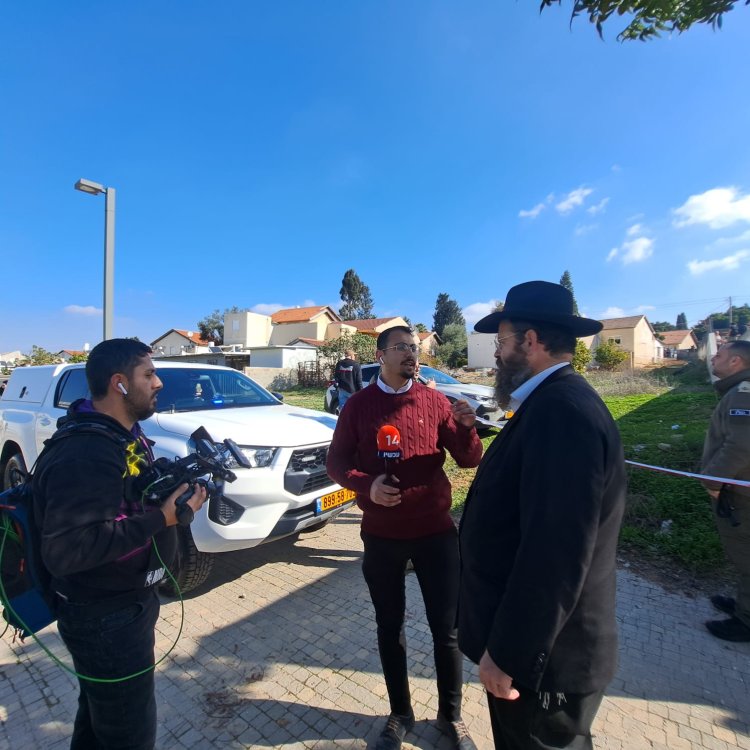
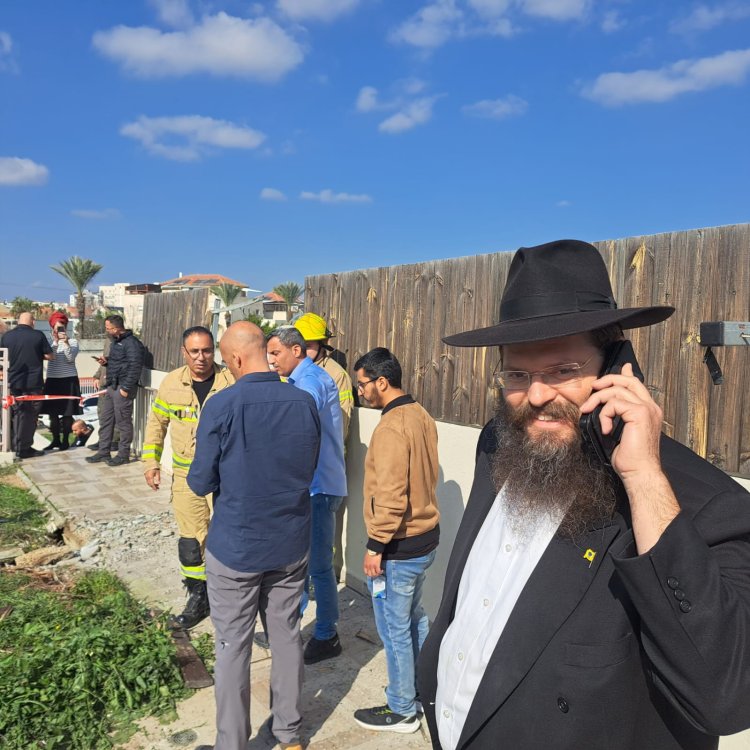
The Fire Returns to Sderot
This is not the first time Rabbi Pizem's home has been directly hit. 'The first time was 16 years ago,' he shares, 'later there was another hit at the start of the war, the week after Simchat Torah. During those days, most of the city's residents had already been evacuated to hotels, my wife and children left, but I stayed in the city, as did other Chabad emissaries and activists. We saw a need to support the many soldiers here. It was clear they were fighting on the ground while we were aiding the spiritual battle, with tefillin, tzitzit, prayers, and many more projects.'
'The direct hit on our home came when I was in the yard, causing extensive damage. For many months, we were engaged in renovations, and the truth is, we haven't finished yet; there are still lots of tiles in the yard that need attention. At least we could return to reside in the apartment, and now we're back to where we were a year ago, with significant destruction and a damaged home.'
Honestly, aren't you scared?
'There's no fear, but there's a sense of helplessness when you ask yourself what you're supposed to do with a destroyed home, especially when it hasn't been fully repaired from the previous hit.'
'And even more so, there's great frustration because it happened just when we felt secure and even started inviting friends and family from the north and center, explaining 'Sderot is the most peaceful place in the country.' We even organized a big event for a Torah dedication to honor the souls of those so dearly lost in the Hamas attack, including Ofir Libstein, a dear friend. People came from all over the country without any fear. The joy was immense; we truly felt we were nearing victory, and then last week's Code Red alarms shattered that peace.'
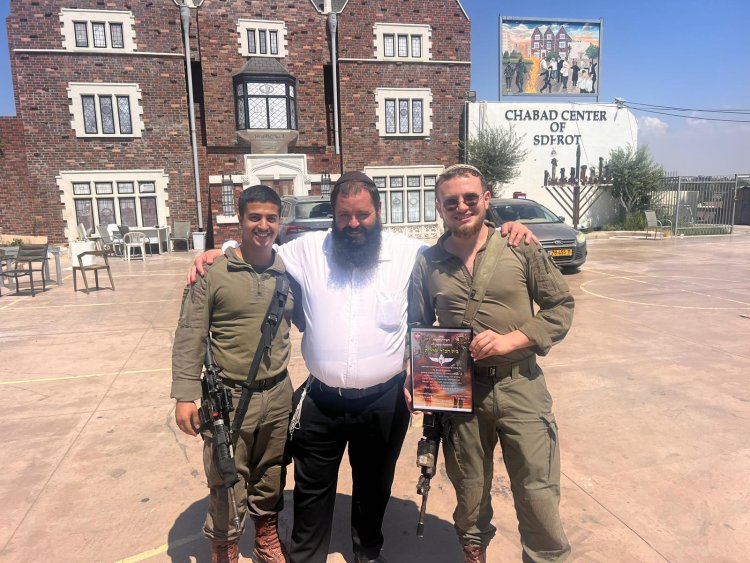
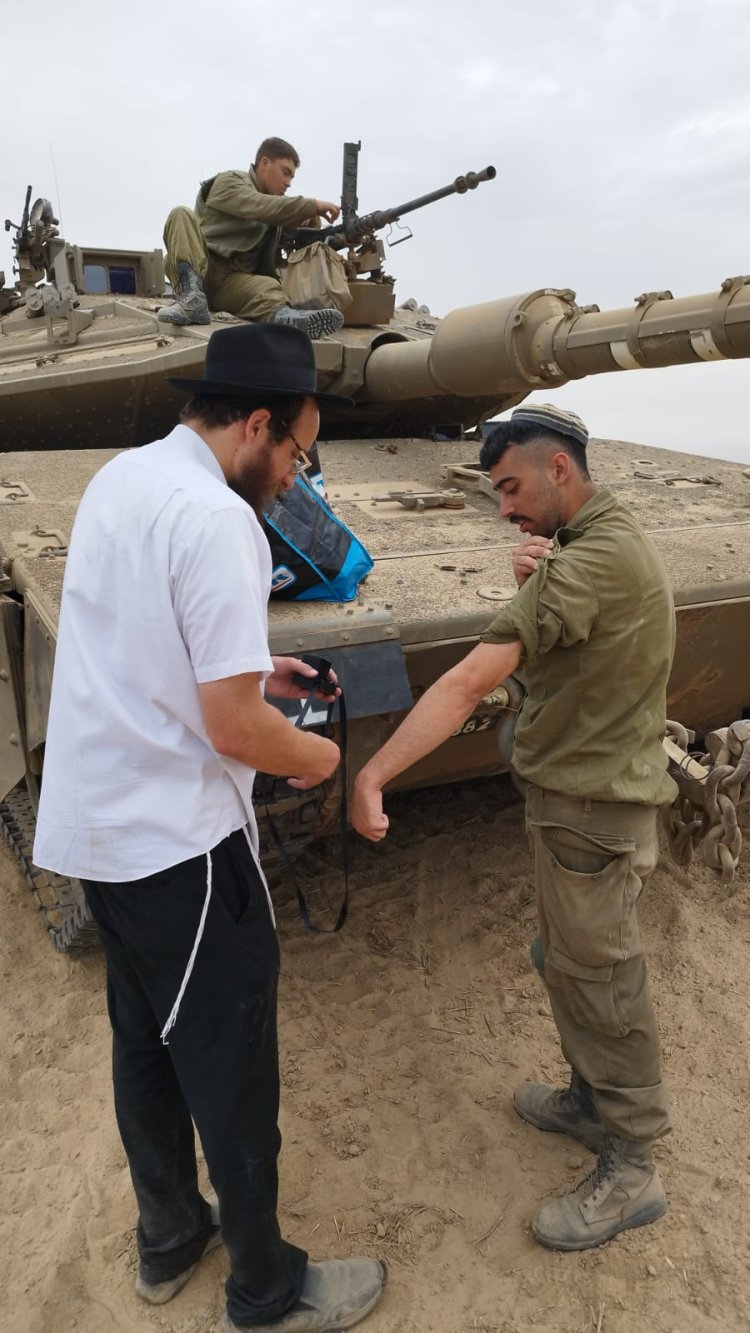
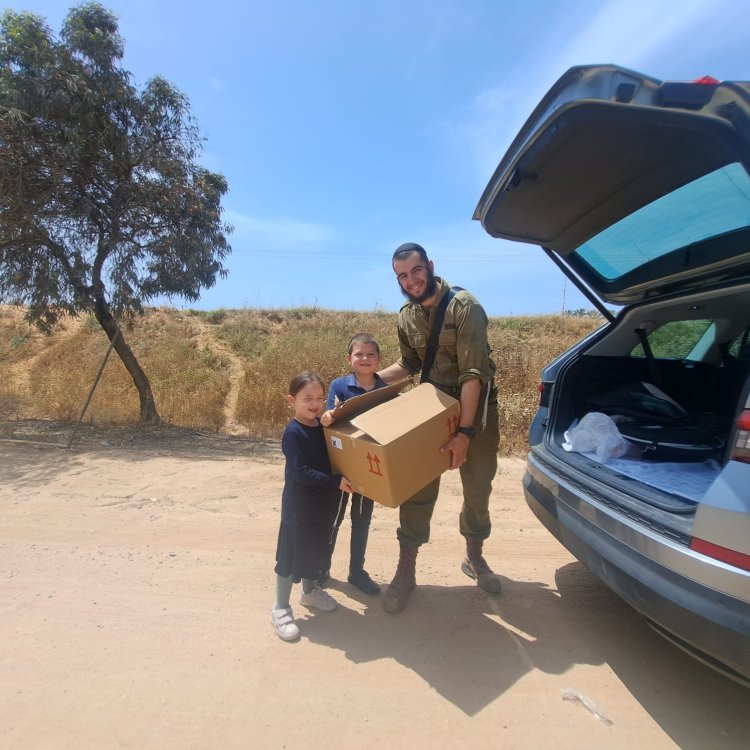
![Chabad activities in the city]() Chabad activities in the city
Chabad activities in the city
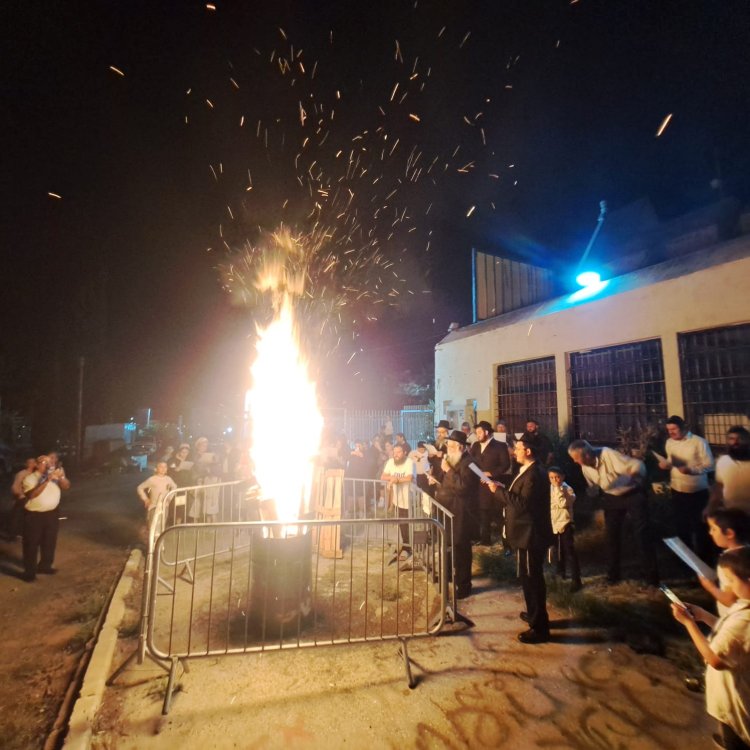 Chabad activities in the city
Chabad activities in the city'Hashem Doesn't Leave Us'
What about the children? Are they scared?
'The kids' reactions vary by age. For instance, our six-year-old said after the last hit that she refused to enter the house until all repairs were done. The older children try to show confidence outwardly, but discussions with professionals make us understand that doesn't always mean they're calm inside. That's why we make sure to be accompanied by professionals from the resilience center here. Thank God, we have a very professional team providing support to all residents.'
Did you ever think about leaving Sderot?
'Never,' he states, 'we've been living here for 24 years, and we're deeply connected to the verse "A land that Hashem cares for, always." We clearly see throughout our journey that the safest place in the world is Israel, and we know only here we're truly safe.'
He shares a particularly moving story: 'In 2007, before the Iron Dome, there was a Shabbat where rockets rained down, and thousands were evacuated to hotels. We debated whether to leave the city, and my wife suggested asking the Lubavitcher Rebbe in Igrot Kodesh. The answer was to check the mezuzahs in the house, and it turned out they were kosher, but one needed relocation. We did so and stayed at home, with a simple belief that nothing bad would happen.'
He continues, 'Even today, locals remind me of this story that, when Shabbat ended, they returned confidently, feeling secure, even without the Iron Dome. This is the message we share today as well—it's not the shelter that protects us, but Hashem Himself, and when we believe this, we will always feel safe, even after three direct hits on our home.'

